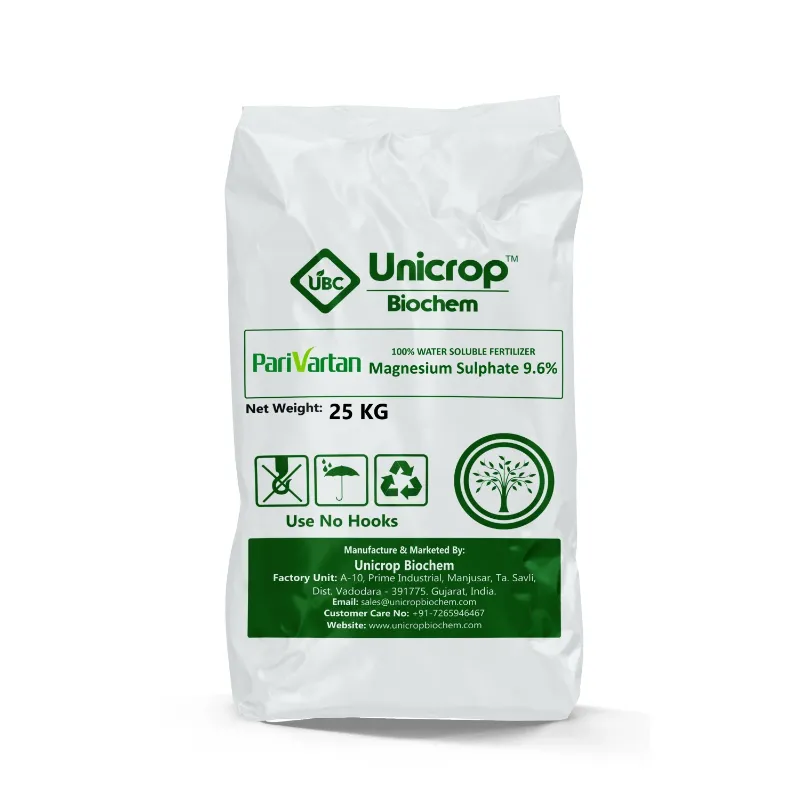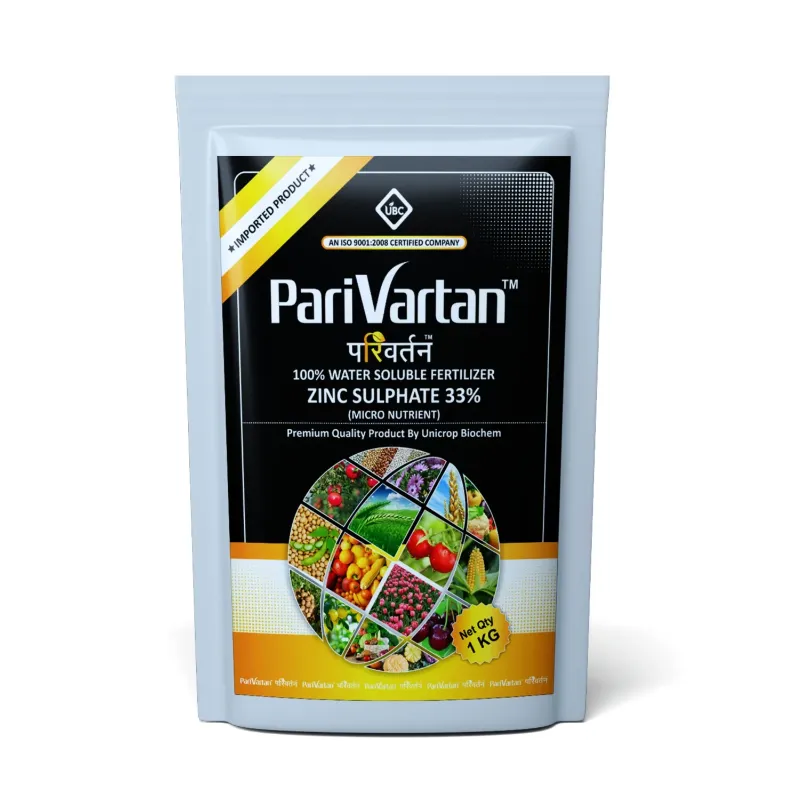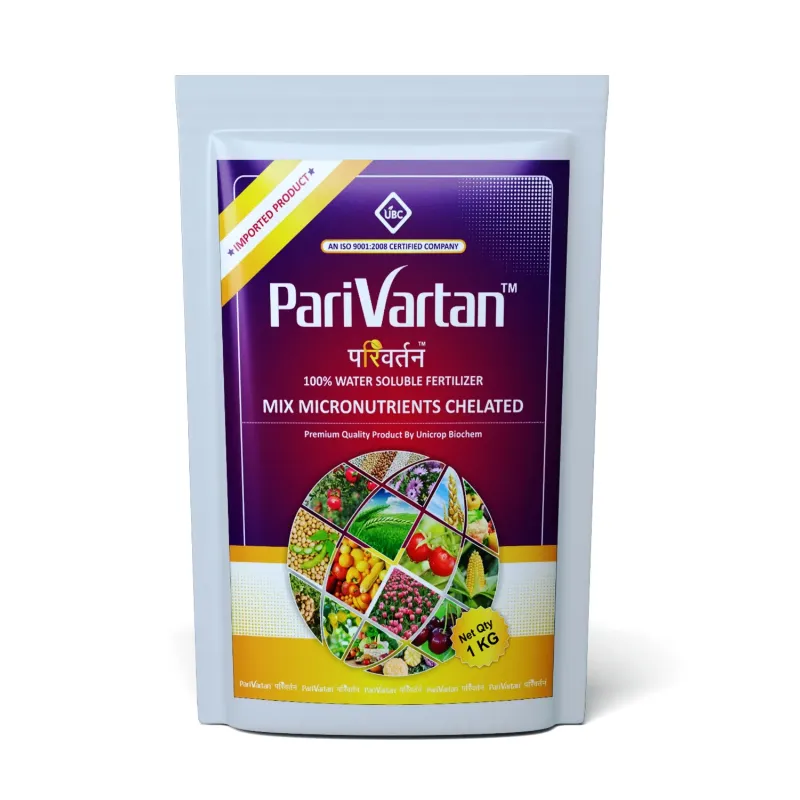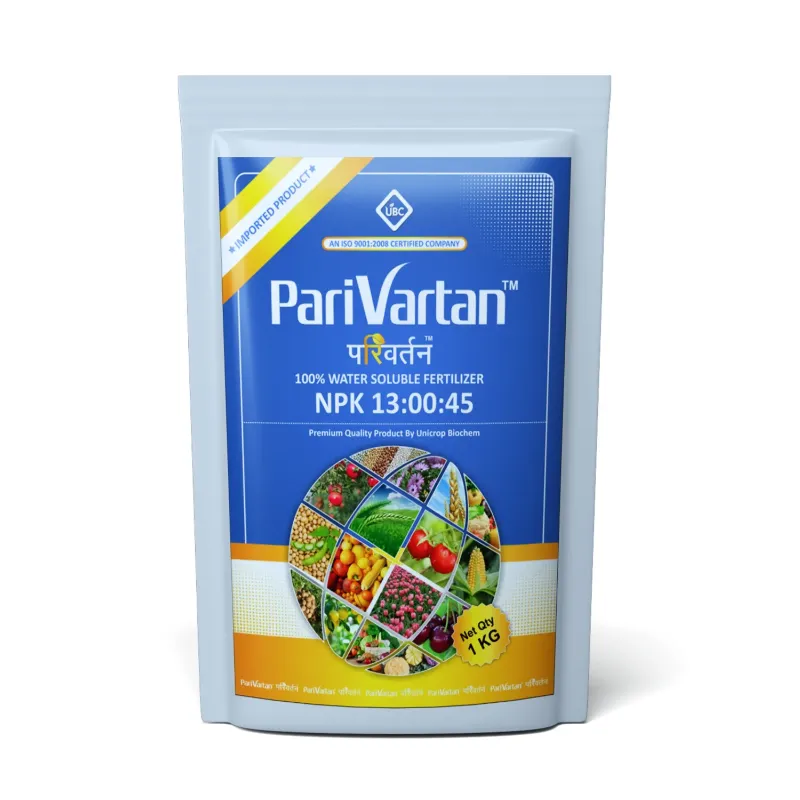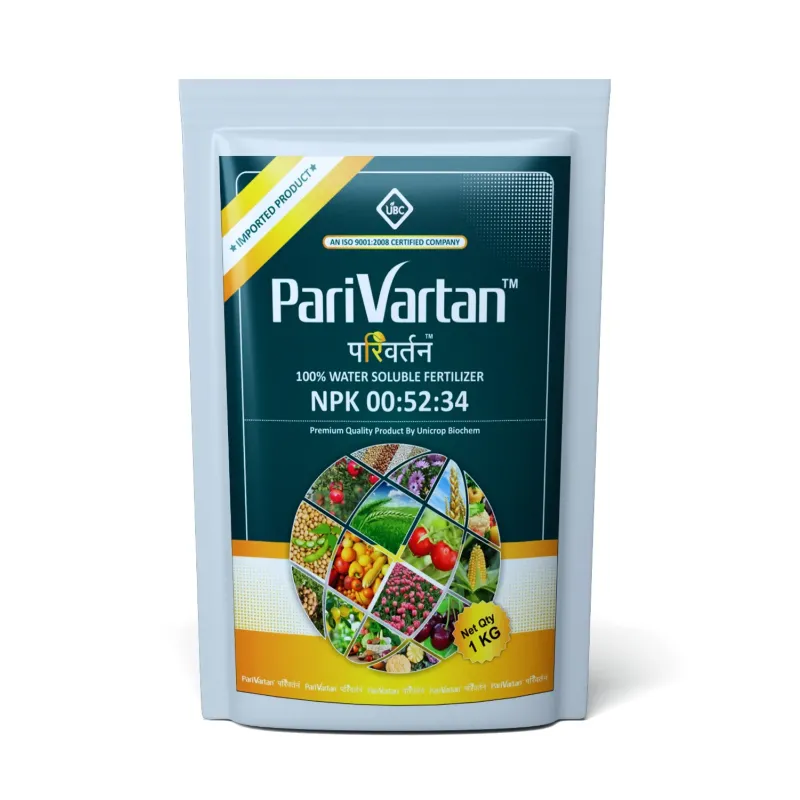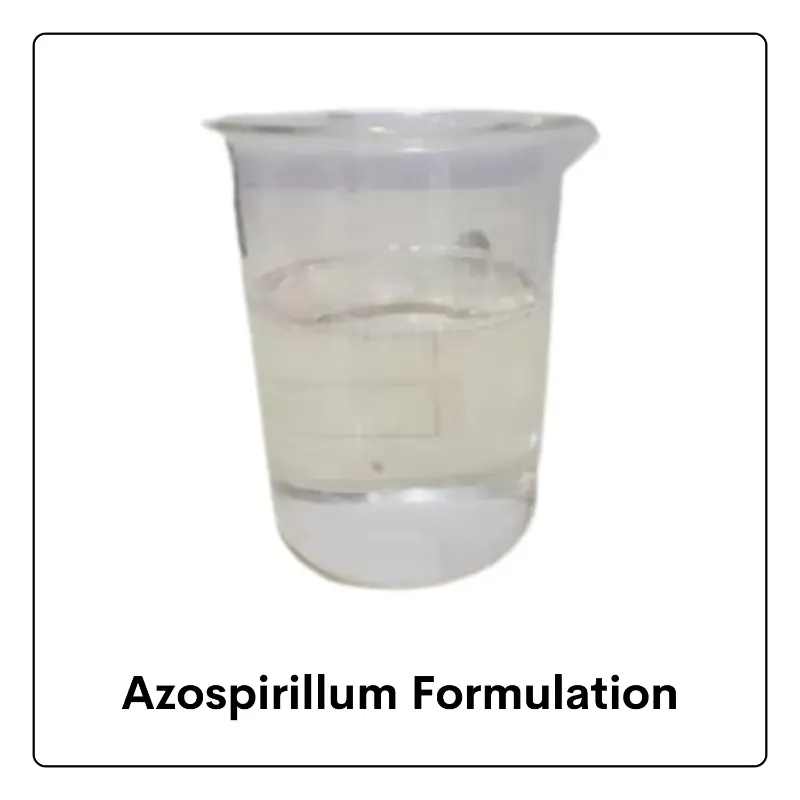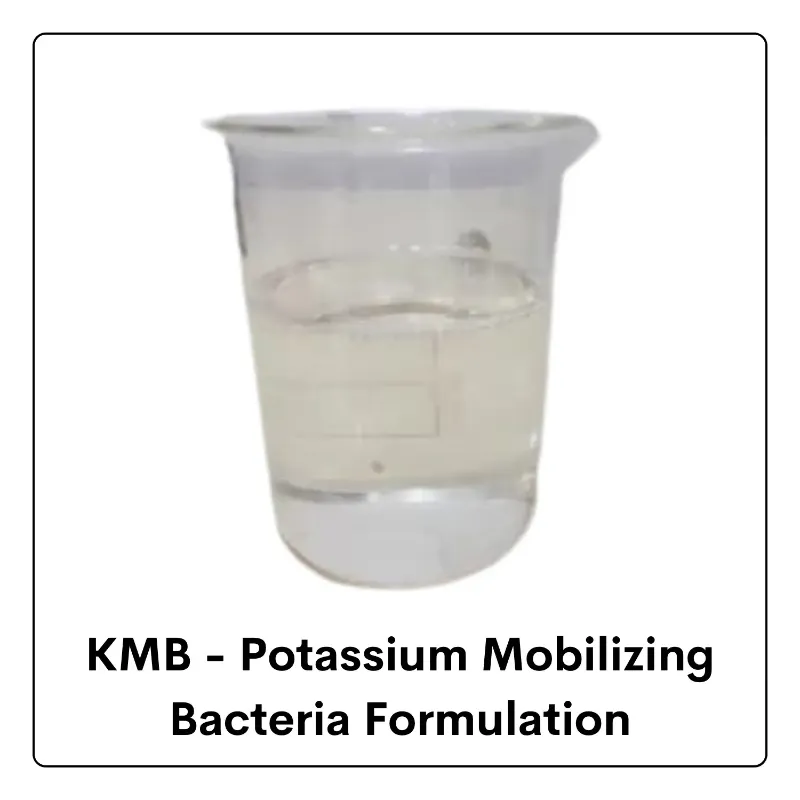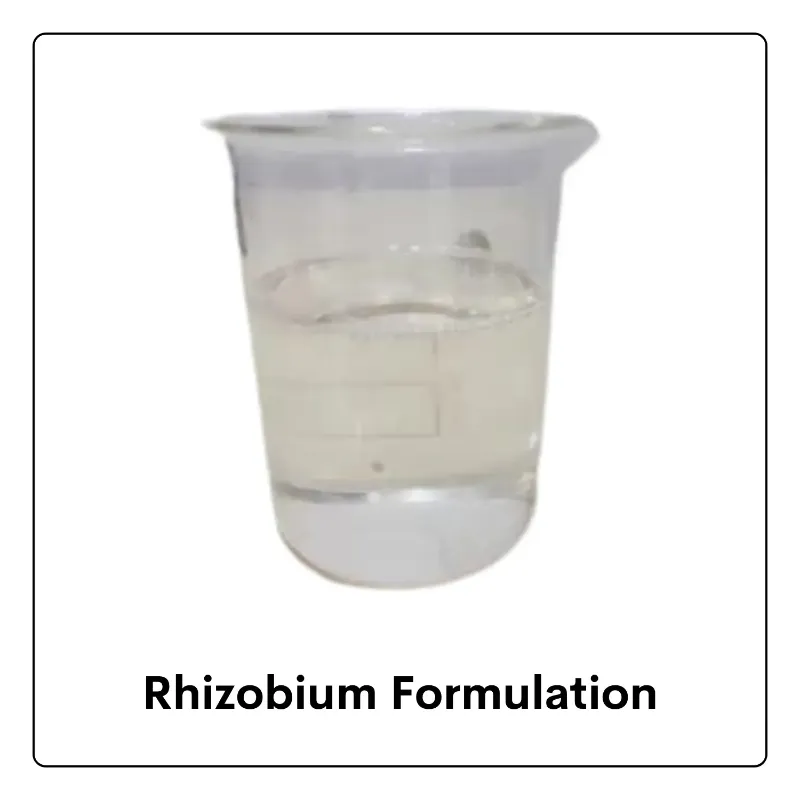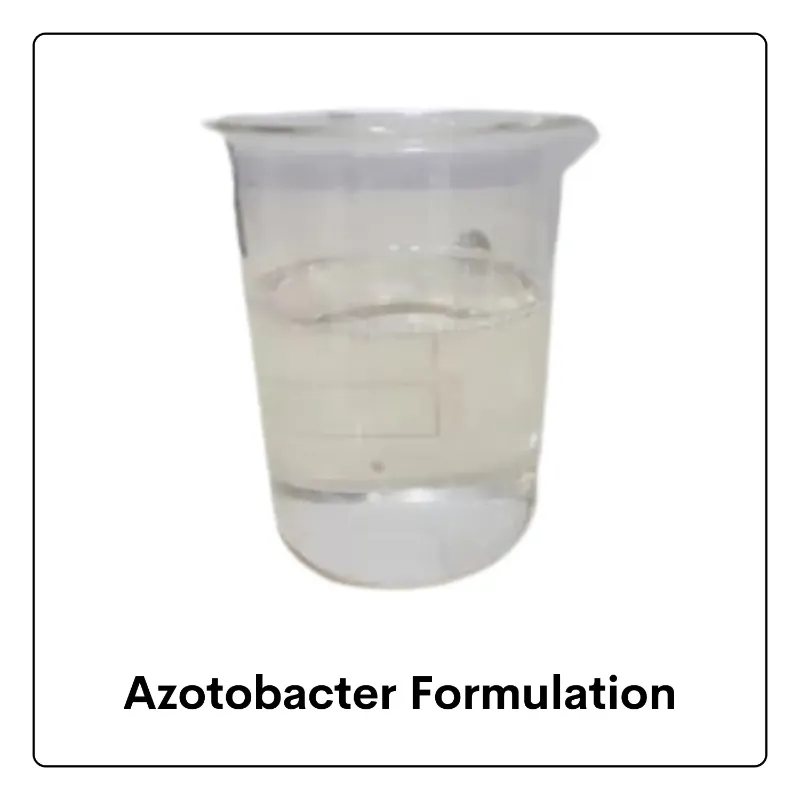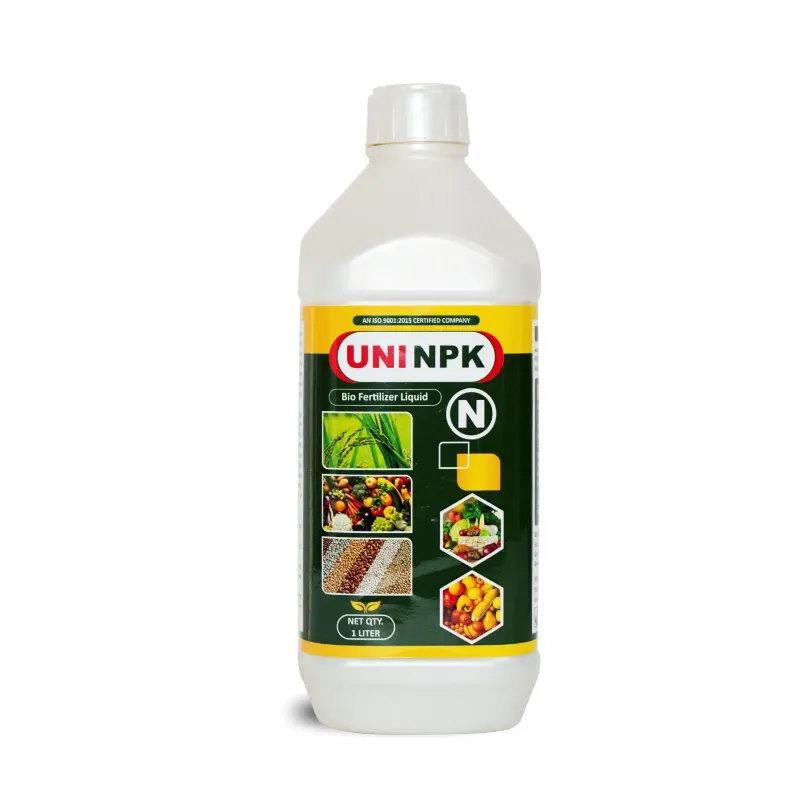Introduction:
Unicrop Biochem is a leader in providing innovative and sustainable agricultural solutions, dedicated to enhancing soil and crop health. Our focus on advancing organic farming practices reflects our commitment to promoting environmentally friendly and health-conscious methods in agriculture. Unicrop Biochem specializes in offering superior-quality organic agricultural inputs that enhance soil fertility and crop productivity while minimizing the use of harsh chemicals. Our range of products, developed based on market and farmer demands, supports the transition to and maintenance of organic farming practices. By prioritizing chemical-free solutions and sustainability, Unicrop Biochem is at the forefront of fostering healthy agricultural ecosystems and promoting responsible farming techniques.
Benefits of Organic Farming:
- Improved Soil Health:
- Organic farming enhances soil fertility through natural compost and manure, promoting a healthier soil ecosystem and better nutrient availability.
- Reduced Chemical Use:
- By avoiding synthetic pesticides and fertilizers, organic farming reduces the risk of chemical runoff and soil contamination.
- Enhanced Biodiversity:
- Organic farms support a wider variety of plants, animals, and microorganisms, contributing to a more balanced and resilient ecosystem.
- Water Conservation:
- Organic practices often emphasize water management techniques that improve soil moisture retention and reduce water usage.
- Healthier Produce:
- Organic farming avoids synthetic additives, resulting in food that is free from chemical residues and potentially healthier for consumers.
- Sustainable Practices:
- Organic farming promotes practices that are designed to be sustainable over the long term, including crop rotation and reduced soil erosion.
- Improved Ecosystem Services:
- By fostering natural predators and beneficial insects, organic farming enhances ecosystem services such as pollination and pest control.
- Environmental Benefits:
- Organic farming practices contribute to reducing greenhouse gas emissions and mitigating climate change impacts through carbon sequestration in soil.
How Organic Farming Differs:
- No Synthetic Chemicals:
- Organic farming avoids the use of synthetic pesticides, herbicides, and fertilizers. Instead, it relies on natural alternatives like compost, manure, and biological pest control to maintain soil fertility and manage pests.
- Emphasis on Soil Health:
- Organic practices focus on building and maintaining healthy soil through techniques like crop rotation, cover cropping, and organic matter addition. This contrasts with conventional farming, which often relies on chemical inputs to address soil issues.
- Biodiversity Promotion:
- Organic farms encourage a diverse range of plants and animals, which helps create a balanced ecosystem. This biodiversity supports natural pest control, improves soil health, and enhances overall farm resilience.
- Sustainable Resource Use:
- Organic farming emphasizes sustainable practices, such as reduced water usage and energy-efficient methods. This approach aims to minimize the environmental footprint and ensure that resources are used responsibly.
- Focus on Animal Welfare:
- Organic farming includes higher standards for animal welfare, ensuring that livestock have access to outdoor spaces and are fed organic feed. This differs from conventional practices that may have less stringent animal welfare standards.
Conclusion:
Organic farming stands out from other agricultural practices by its commitment to sustainability, soil health, and environmental stewardship. Unlike conventional farming, which often relies on synthetic chemicals and intensive practices, organic farming emphasizes natural methods and resource conservation. By avoiding harmful chemicals, promoting biodiversity, and focusing on sustainable practices, organic farming contributes to healthier ecosystems and more nutritious food. Unicrop Biochem’s dedication to organic solutions supports these values, offering products that align with the principles of organic agriculture. Embracing organic farming not only benefits the environment but also supports long-term agricultural sustainability, making it a crucial approach for the future of farming.
